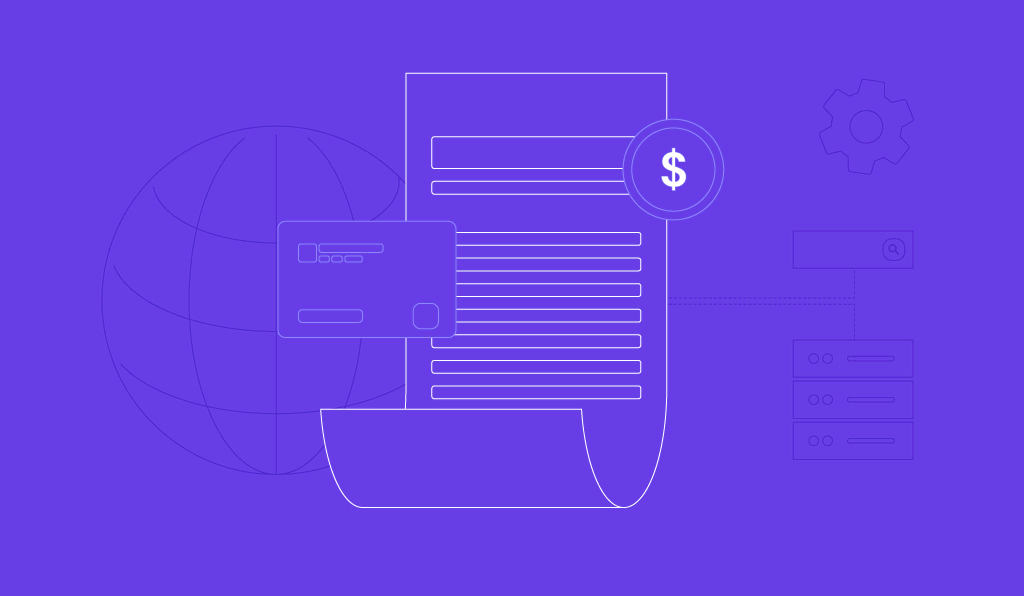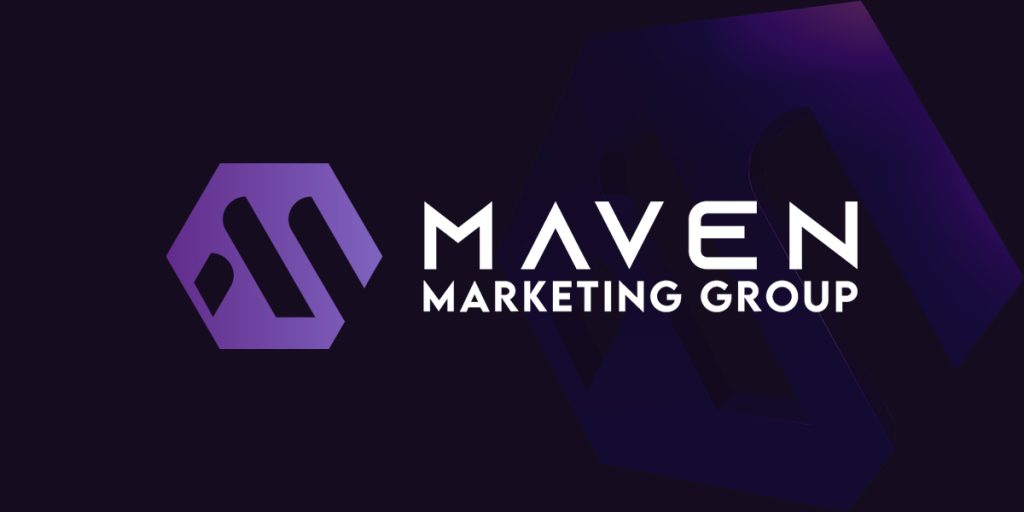
The field of web development is constantly evolving, with new trends and technologies emerging regularly.
HTML5 Advancements for Enhanced Multimedia Support
HTML5 has revolutionized web development by introducing a range of features that enhance multimedia support.
With HTML5, developers can now embed audio and video content directly into web pages without relying on third-party plugins like Flash.
This not only improves the user experience but also makes websites more accessible across different devices and browsers.
HTML5 introduced the canvas element, which allows developers to create interactive graphics and animations directly within a web page.
This has opened up new possibilities for creating visually stunning websites that engage users in unique ways.
CSS3 Features Like Animations, Transitions, and Responsive Layouts
CSS3 brings a plethora of exciting features to the table.
One notable feature is the ability to create animations and transitions using CSS alone.
This eliminates the need for JavaScript or Flash-based solutions, resulting in faster loading times and smoother animations.
Another essential aspect of CSS3 is its support for responsive layouts.
With mobile usage skyrocketing, websites must adapt seamlessly to different screen sizes.
CSS3 provides flexible grids and media queries that enable developers to create responsive designs that look great on any device.
Popular CMS Platforms Such as WordPress, Joomla!, or Shopify
Content Management Systems (CMS) have become increasingly popular in recent years due to their ease of use and flexibility.
CMS platforms like WordPress, Joomla!, and Shopify offer pre-built templates and plugins that simplify website creation while providing robust customization options.
WordPress is one of the most widely used CMS platforms globally due to its user-friendly interface and extensive plugin ecosystem.
Joomla! offers more advanced features and is often favored by developers who require greater control over their websites.
Shopify, on the other hand, specializes in e-commerce websites and provides a comprehensive solution for online stores.
Integration of Artificial Intelligence (AI) in Web Development
Artificial Intelligence (AI) has made significant strides in various industries, including web development.
AI-powered tools can automate repetitive tasks, improve website personalization, and enhance user experiences.
For example, chatbots powered by AI can provide instant customer support or assist with navigating websites.
Machine learning algorithms can also analyze user behavior and preferences to deliver tailored content recommendations.
This level of personalization helps businesses engage users more effectively and drive conversions.
Progressive Web Apps (PWAs) for Improved Mobile Experiences
Progressive Web Apps (PWAs) have gained traction as an alternative to native mobile applications.
PWAs combine the best features of web pages and mobile apps, providing a seamless experience across different devices.
They offer offline capabilities, push notifications, and the ability to be installed directly on a user’s home screen.
PWAs eliminate the need for users to download and install separate apps while still delivering app-like functionality.
This approach reduces development costs and simplifies maintenance for front-end web businesses while ensuring a smooth experience for front-end web users.















